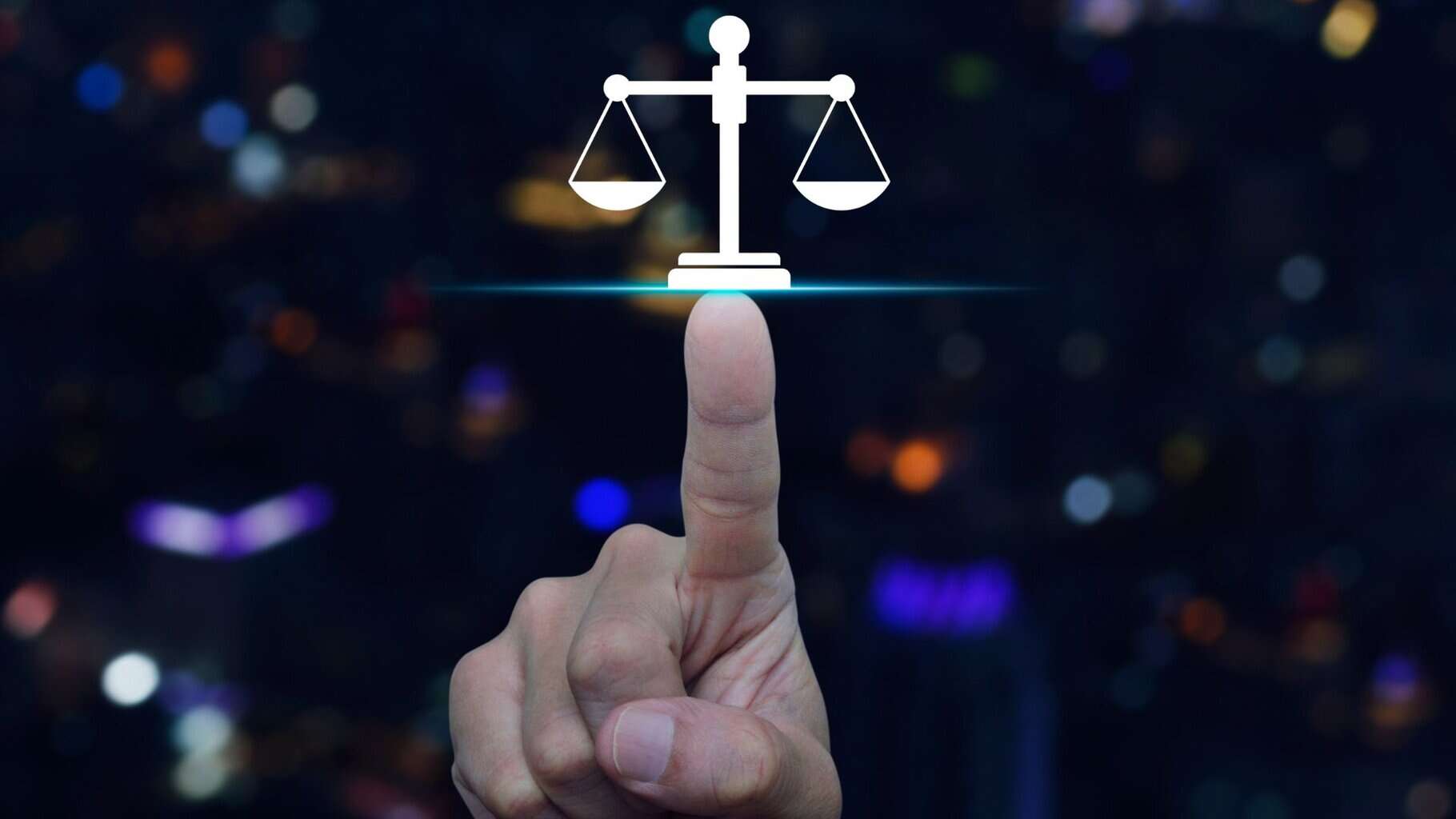Using AI to Understand How Lawyers Negotiate Settlements

Settlement negotiations can feel like a mystery, full of legal terms, strategies, and back-and-forth discussions that aren’t always clear to outsiders. But artificial intelligence is changing that.
By analyzing patterns in legal documents, past cases, and negotiation outcomes, AI can reveal how lawyers actually approach settlements. It helps uncover the tactics they use, the factors that influence decisions, and even the likelihood of certain outcomes. For clients, students, or anyone curious about the process, AI provides a new lens for understanding what once seemed hidden.
Revolutionary AI Tools Transforming Legal Settlement Analysis
Here’s where things get interesting for you as a legal professional. The landscape has shifted dramatically, and those clinging to traditional methods are finding themselves outgunned. AI in legal settlements becomes the secret sauce separating winning firms from the rest.
Consider this jaw-dropping statistic: AI-powered legal research tools can reduce research time by up to 80%. Think about what that means for your practice. Instead of burning midnight oil reviewing endless case files, you’re strategizing with clients and crafting bulletproof negotiation tactics.
But here’s the real game-changer: understanding how do lawyers negotiate settlements has evolved beyond recognition, with smart attorneys nowadays dissecting thousands of comparable cases before stepping into any negotiation room. They’re not just prepared; they’re armed with data-driven insights that would make their predecessors weep with envy.
Machine Learning Algorithms for Case Outcome Prediction
These aren’t your grandmother’s crystal balls. Machine learning systems devour historical settlement data like hungry sharks, then spit out predictions that’ll make your head spin. They’re crunching variables you probably never even considered—jurisdiction quirks, specific judge tendencies, opposing counsel’s historical patterns, even seasonal settlement trends.
What does this mean for you? Walk into negotiations knowing exactly what cards everyone else is holding. It’s like having X-ray vision in a poker game.
Natural Language Processing in Contract Analysis
Remember spending entire weekends drowning in contract language that seemed designed to confuse rather than clarify? Those days are vanishing fast. Natural language processing tools tear through complex documents faster than you can say “whereas and therefore.” They spot inconsistencies that slip past tired human eyes and highlight strategic opportunities hidden in legal jargon.
Predictive Analytics for Settlement Value Assessment
This is where the rubber meets the road. Advanced analytics platforms don’t just guess—they calculate probable settlement ranges using real market data and comparable case outcomes. You’re no longer shooting in the dark when you recommend settlement amounts to clients. You’ve got cold, hard data backing every number you throw out there.
Strategic AI Applications in Settlement Negotiation Tactics
Now we’re getting to the juicy stuff. You’ve got the tools, but how do you wield them like a master? The smartest legal minds are deploying artificial intelligence for lawyers in ways that would make Sun Tzu proud.
Check out this mind-bending fact: Predictive analytics in legal cases can increase outcome accuracy by approximately 25%. That’s not just improvement—that’s transformation. You’re making quarter-better decisions about when to fight and when to settle.
Real-Time Sentiment Analysis During Negotiations
Ever wish you could read minds during tense negotiations? Well, you’re getting close. AI-powered sentiment analysis tools monitor communication patterns, picking up emotional cues and stress signals in real-time. When opposing counsel starts showing cracks in their confidence, you’ll know instantly.
Pattern Recognition in Opposing Counsel Behavior
Here’s where it gets almost unfair. Machine learning algorithms study your opponents like behavioral scientists, identifying their negotiation fingerprints and historical settlement patterns. You’ll anticipate their next move before they’ve even thought of it themselves.
Advanced Settlement Negotiation Analysis Through AI
The cutting-edge firms aren’t stopping at basic applications. They’re diving deep into sophisticated systems that perform comprehensive settlement negotiation analysis, revealing dynamics that remain invisible to traditional approaches.
Behavioral Psychology Integration in AI Systems
Think of this as having a team psychologist whispering strategic insights in your ear throughout negotiations. Advanced AI platforms create psychological profiles predicting how different personality types respond to various tactics. You’re not just negotiating—you’re conducting a symphony of human psychology.
Multi-Variable Settlement Modeling
Traditional analysis considers maybe five or ten variables simultaneously. These sophisticated systems? They’re juggling dozens of factors—economic indicators, legal precedents, case-specific circumstances, even weather patterns if they’re relevant. The result is a nuanced understanding that transforms good attorneys into settlement legends.
Future Innovations in AI-Powered Settlement Negotiations
The horizon holds technologies that sound like pure science fiction but are closer than you think. The marriage between lawyers’ negotiation tactics and advanced AI is producing offspring that would astound legal pioneers.
Quantum Computing Applications in Legal Analysis
Quantum computing promises processing power that makes today’s systems look like pocket calculators. Imagine analyzing millions of case variables simultaneously, predicting outcomes with accuracy that borders on precognition.
Advanced Neural Networks for Complex Case Analysis
Deep learning networks discover patterns so subtle that human brains can’t process them. These insights unlock negotiation strategies and identify opportunities that remain completely hidden from traditional analysis methods.
The Future of AI-Enhanced Legal Practice
This transformation represents more than technological evolution—it signals a complete reimagining of legal service delivery. Attorneys embracing these tools gain decisive advantages through accelerated case preparation, precise outcome forecasting, and data-driven negotiation strategies.
Success requires understanding both possibilities and limitations. The winning approach combines AI insights with human experience, creating collaborative partnerships that enhance rather than replace professional expertise.
As technology advances, staying informed while maintaining ethical standards and client confidentiality becomes crucial. Firms mastering this balance will define legal practice’s future, delivering superior client outcomes while building more efficient, profitable operations.
The synergy between human expertise and AI capabilities creates powerful advantages that benefit everyone involved in settlement processes.
Common Questions About AI-Enhanced Settlement Negotiations
Can AI completely replace human lawyers in settlement negotiations?
Absolutely not. AI amplifies human judgment and expertise, but it cannot replace the strategic thinking and relationship-building that define successful negotiations.
Which AI tools are most effective for personal injury settlement calculations?
Predictive analytics platforms and machine learning algorithms analyzing historical settlement data provide the most reliable valuation estimates for personal injury cases.
How accurate are AI predictions for settlement amounts in complex litigation?
Current AI systems achieve approximately 70-85% accuracy in settlement predictions, with higher success rates in routine cases compared to complex, precedent-setting matters.



